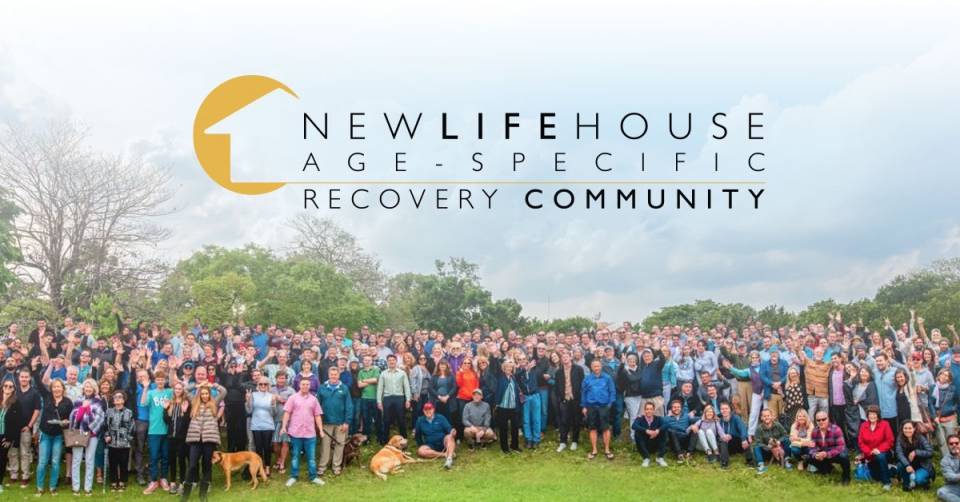Addiction does not just wreak havoc on the addict – it leaves a trail moral wreckage in it’s wake. In addiction we may steal, lie, cheat, and totally disregard the needs and emotions of the people around us. We may even purposefully dole out pain to others, wanting everyone else to be as miserable as we are. And then we get sober…and all of that wreckage and hurt and destruction we caused does not disappear just because we have stopped using. So what happens next? How do we start to repair the bridges we burned and the people we spurned?
What the Steps Say
Thankfully we are given some insight in to how to make amends through steps 8 and 9. We make a list of all people we have harmed and become willing to make amends to them all (Step 8), and then make direct amends to such people wherever possible, except when to do so would injure them or others (Step 9). But amends are so much more than just making a list and saying you are sorry, and this is where it becomes important to understand the difference between making an amends and making an apology.
Apologies vs. Amends
Many people think of making amends as simply apologizing for whatever wrongs they did in their using, however an apology is not an amend. An amend involves rectifying or making right what was wrong. For example, say that you stole $20 from your brother while you were using. In the midst of your ninth step, you say to him “I’m so sorry that I stole that money from you and used it for drugs”. This is an example of an apology. A true amend would be giving him $20 back along with the apology. You are making right what was wrong. Unfortunately, there are many things that we do in our using that we can not rectify with tangible goods or direct amends. What about the late nights that we kept our parents up worrying? What about the relationships we ruined, the emotional wreckage we created? Sometimes direct amends are not possible, and this is where living amends come into play.
What are Living Amends?
Living amends are simple in concept: making a living amends means living a completely new lifestyle and being committed to that lifestyle (in part for those who you harmed and in part for yourself). Living amends mean making genuine changes, that our behaviors and actions be true and honest and follow an emotionally sober path. Instead of making apologies only to go and repeat old behaviors and re-open wounds over and over, we commit to living clean, sober, honest lives. These are some of the best amends we can make, because they mean that we are promising to never go back to the old ways that hurt those we harmed in the first place.
Amends are a Key to Your Serenity
Here’s the deal. In our using most of us hurt numerous people, employers, neglect obligations. If we do not make amends to those that we have harmed, then our world becomes smaller and smaller as we make concerted efforts to avoid anyone that we wronged. We fear chance encounters with people we owe amends to, our lives become filled with worries and cautious avoidance of any place that we might see someone we knew. Once we become willing to make amends, those people, places and things that we avoided become open to us once more. We are able to walk through life without the worry that we might have to see someone we dread. Avoidance is no longer a thought, and we will find serenity and a whole new sense of living. Stress levels are reduced, room to grow and learn is created. As the Big Book tells us about the ninth step, “If we are painstaking about this phase of our development, we will be amazed before we are half way through. We are going to know a new freedom and a new happiness. We will not regret the past nor wish to shut the door on it. We will comprehend the word serenity and we will know peace.”

